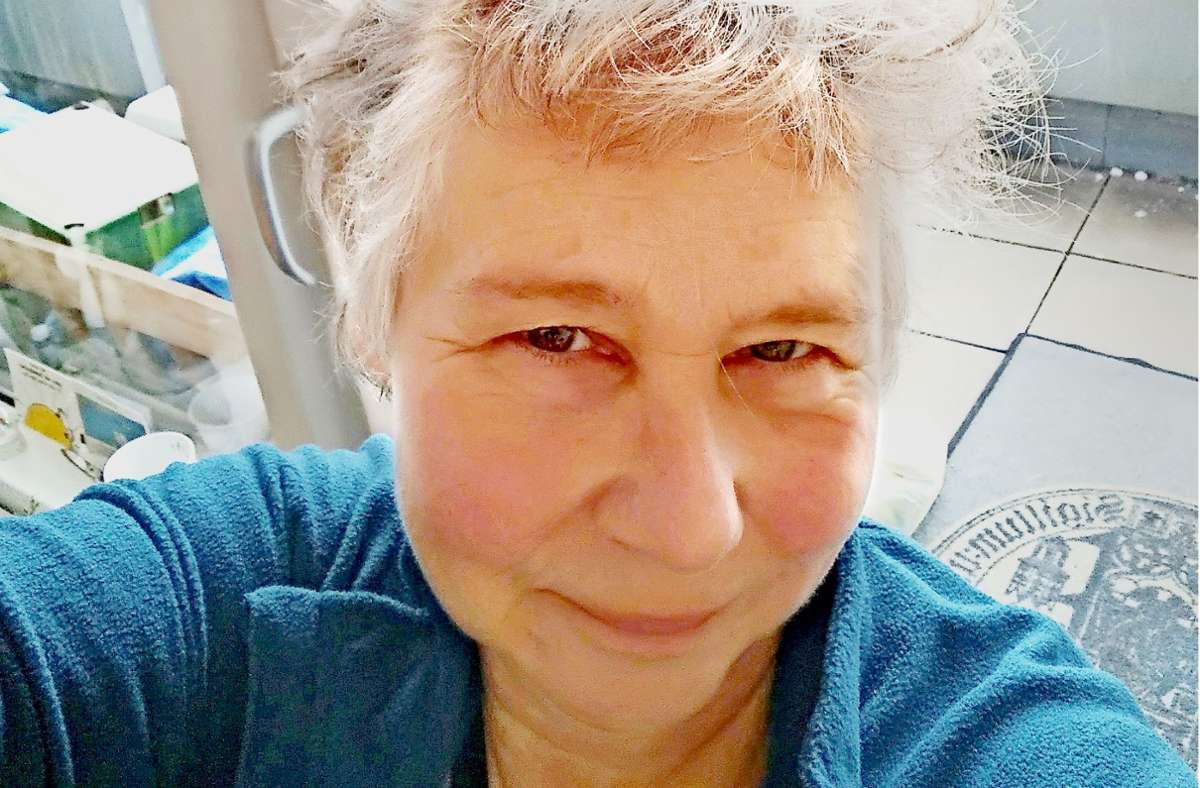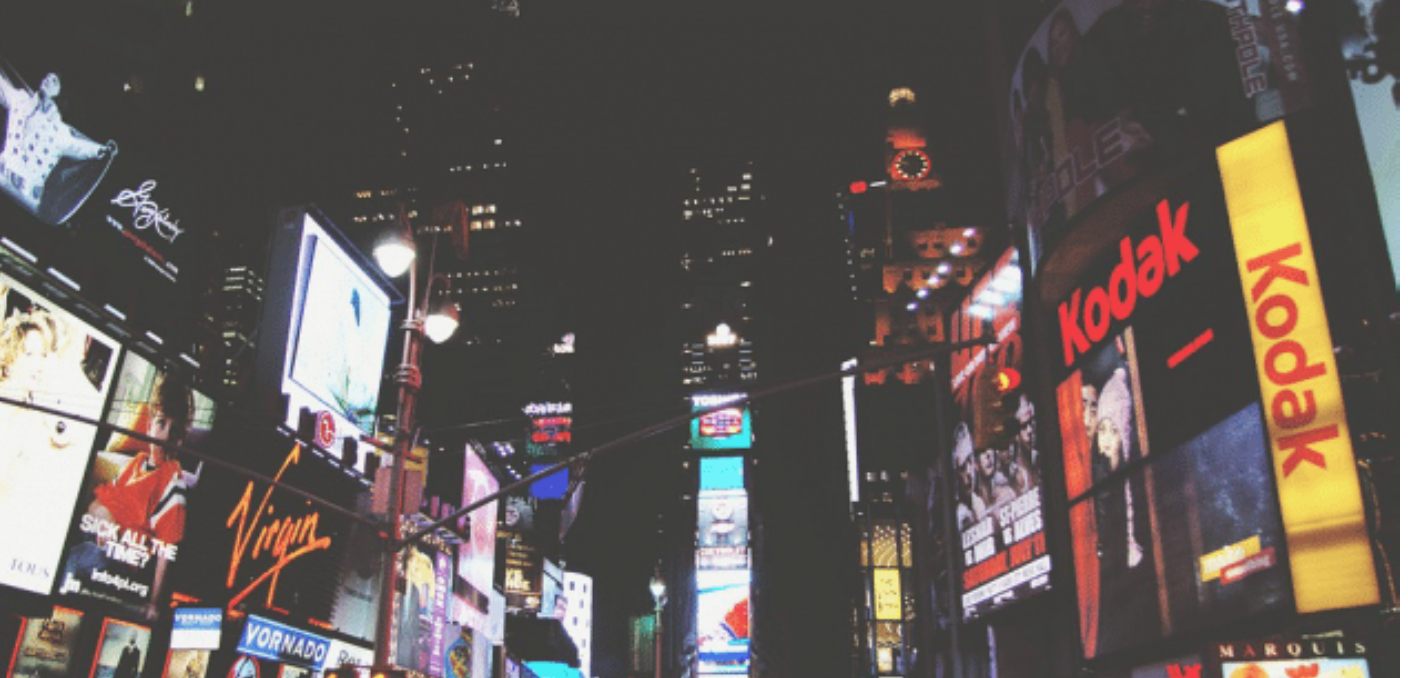Gerardo Siguero, from Acode Abogados, is a specialist in sports and bankruptcy law. The lawyer analyzes the strategies that the clubs have had to adopt in the face of the unforeseen events of Covid-19 and hopes that there will be “an avalanche of contests.” On the other hand, he affirms that the special employment relationship of professional athletes “is very outdated” and that the agreements that the teams have signed with the first squads are “doubtfully legal”.
Question: Has conflict in sport been on the rise due to Covid-19?
Answer: In professional matters, yes. Mainly due to internal and disciplinary conflict. A player amateur He competes by vocation, he is normally more respectful and careful with the rules, but a professional player, especially in football, as he earns a lot of money and is young, is reluctant to do certain things. There have been disciplinary problems in the locker rooms, teams have had to implement lifestyle protocols, but the players have resisted. In the internal codes that they sign, none of this was foreseen, such as not inviting friends or going out to dinner with your friends.
Q .: What causes lawsuits or legal problems?
R.: There has not been because the courts have been paralyzed. Until September a certain normality has not recovered. For this reason it is an internal conflict. In sports, it is usually more agile to solve it internally. There were problems with the end of the season, basketball and professional football had problems with the length of contracts and salaries. Everything has almost always been solved by agreement, internally.
Q .: How has contracting evolved with the pandemic?
R.: Teams are expanding internal codes of behavior. In addition, instead of saying that the duration of the contract is “until June 30”, it has been put “until the end of the season”. Legally it is ambiguous, but it protects the club because until the season ends, the player has to stay there. Therefore, the dates of the contracts are being left undetermined and criteria are established in case the season is extended, on how the extra salary is calculated.
“Teams are expanding internal codes of behavior”
Q .: Are there more variables and more clauses?
R.: The contracts are still in force. There have not been so many movements. I find it difficult to allow certain types of clauses because it is labor law. The footballer is a worker.
Q .: Which sports have been most affected by legal problems or conflicts?
R.: Football and basketball. The rest is not professional sports. The other sports have had financial problems. In handball, assistance is essential. For example, the weakest teams, which do not have well-regulated contracts, are not registered with Social Security. They all have very bad contracts, in fraud of law. Jurisprudence calls it amateurismo Brown. They are those athletes who have a contract to cover their expenses for sports practice, but in reality what they are covering up is a payroll. But since I cannot pay you Social Security and I am not interested, I pay you this money, but I tell you that it is to compensate you for sports practice. This is allowed by Decree 1006, which regulates the special employment relationship of professional athletes, which is very outdated. It is a hidden salary. There have been problems, but the clubs and athletes have not solved it outside because it involves a labor demand and a labor inspection that does not interest anyone.
“The taxation of a person who has a short sports life should be lower”
Q .: Will the Ertes become Eres?
R.: Most do not. In professional football there have been, but I doubt the legality of many of them because you cannot differentiate Messi from the FC Barcelona cleaner. What the teams have done is take the first squads, which is where the money goes. It has been done voluntarily, so they will not be able to claim. Everyone who has signed in agreement has signed a letter. Although it is dubiously legal. All this should be regulated in decree 1006, but it says nothing. It refers you to the general regulation that establishes that, if you want to negotiate the salary of a worker, it has to be by collective agreement. But all workers have the same weight regardless of salary. Football has had to adapt. The general regulation is not designed for professional clubs because it is not the same to reduce a 5% to a cleaning employee, which hurts a lot, than to a footballer, who does not notice it. The country has had to do things it did not expect.
Q .: Given the financial problems in football, are we going towards a deflation of salaries and also reductions in termination clauses that no one can pay anymore?
R.: Although some clauses will go up disproportionately, most will go down.
Q .: Has there been an increase in bankruptcy proceedings in the sports sector? Which sports or field have been most affected?
R.: Competitions are impossible because the courts have practically not functioned in 2020 and because the Government has been issuing regulations to delay the presentation of competitions. As of January 31 an avalanche of contests is expected and there are no new judges, it will be a disaster.
“Why can a tennis player deduct his technical staff and Cristiano Ronaldo cannot deduct his gym or his physical trainer?”
Q .: Are the sports regulations in Spain optimal?
R.: There are historical claims such as the taxation of athletes: it is the same as a normal worker, who can work 30 or 40 years, but an athlete will practice highly competitive sports for between 8 and 12 years. Tax progressiveness in them is not respected. We must update the issue of tax law. Why can a tennis player deduct his technical staff and Cristiano Ronaldo cannot deduct his gym or his physical trainer? This generates controversy. Why does the national athlete pay twice the taxes than the foreigner? The taxation of a person who has a short sports life should be less.
Q .: Should futsal, handball and other sports be professionalized?
R.: Yes. You get into scams because of the amateurismo Brown. If you turn it into a professional, you can’t pay it because there are minimum installments. This is solved with a new, special regulation that contemplates this type of thing, from the legal point of view, not from the fraud that is what we have now.
“ESports are pure show and they will have to be regulated “
Q .: Are eSports legally prepared?
R.: No. Is it sport? If it were sport, the sports law could talk about eSports. For now, it is an audiovisual product that belongs to private companies that manage and broadcast the competitions. For example, there are people who dope in eSports, if you are more awake, you have more reflexes, but you are at home, but vampires do not come as in cycling. Right now it’s pure show and it will have to be regulated. Legally, it is not a sport. They should be institutionalized, regulated.
–


